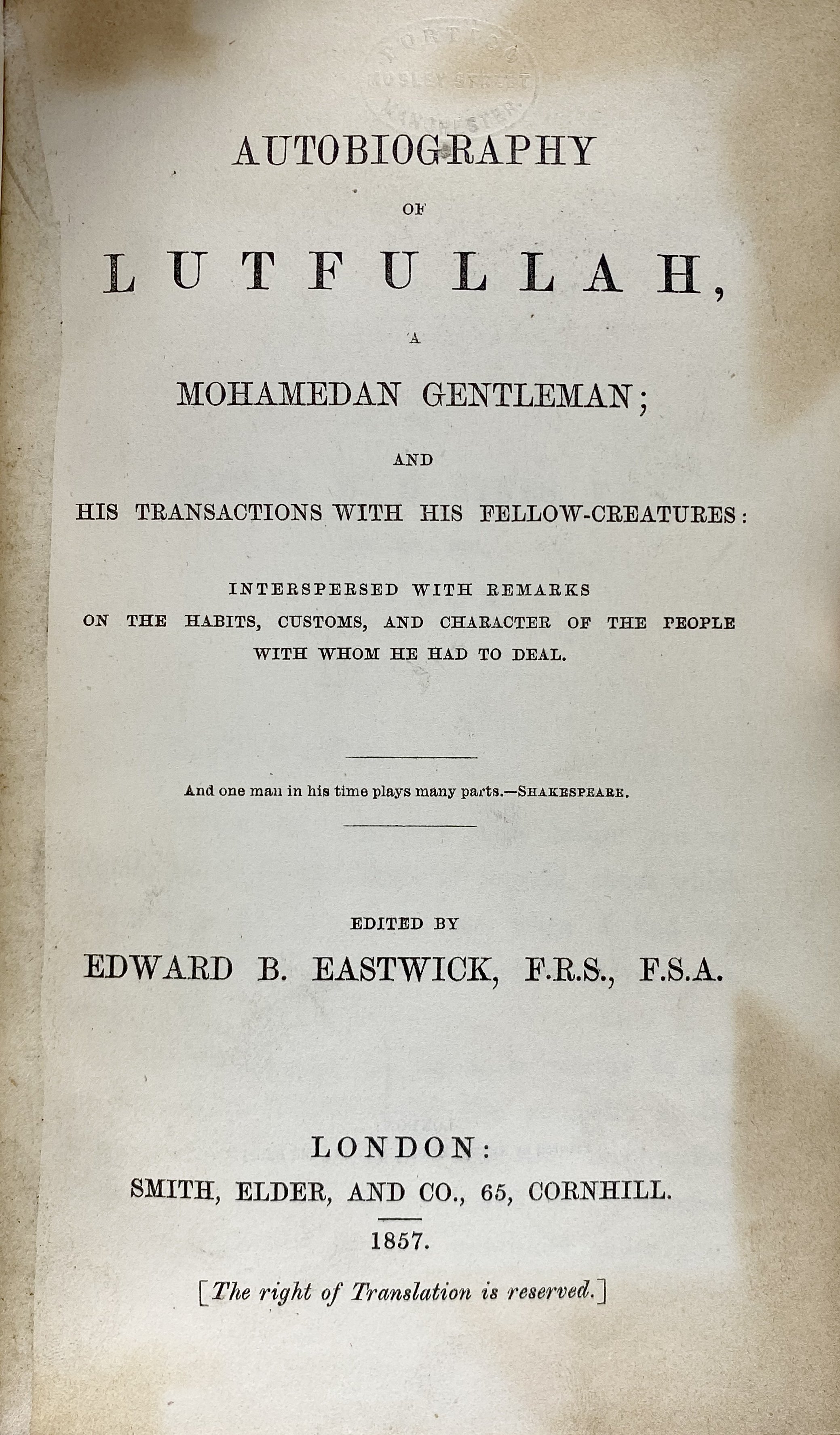Who is represented and who get to represent themselves?
This illustration from The History of Earth and Animated Nature by Oliver Goldsmith (1862) depicts people through a heavily colonialist lens. Click the image to view.
The Portico Library’s historic collection overwhelmingly contains the views and ideas of white, male authors. Many were curious about cultures from around the world, but this curiosity was not always accompanied by respect, as in this example that contains many racist and derogatory ideas. How might books like this have been different if the people depicted had represented themselves?
Helayna Lagos, placement student and editor:
“Illustrations are a powerful medium for conveying ideas; however, we must remember that they are not unbiased or neutral. We must always ask ourselves: Whose narrative is being centred? Is it the artist or the subject? Are biases and prejudices being perpetuated?”
The Strange Career of the Chevalier d’Eon De Beaumont, J. Buchan Telfer, 1885
Finding records of LGBT+ people in historic collections can be difficult. The noted spy and diplomat, the Chevalier d’Eon, is a rare example of an 18th-century trans person whose life was memorialised and whose biography has been preserved.
How can we use the Library’s historic collection to reflect 21st-century ideas, interests, and experiences? Chat with us or click here if you’d like to start your own research project.
Ruby Seddon-Wilson, placement student:
“This book is an amazing piece of trans history, when so much has been lost. It helps to dispel the myth that trans and gender-queer identities are a ‘modern construct’.”
Read The Transgender Issue by Shon Faye, plus more books on In the Margins’ themes here.
Autobiography of Lutfullah, 1857 edited by Edward B. Eastwick
Sibia Akhtar, Portico Prize Society member:
“I’ve found it interesting reading this autobiography of a 19th-century Muslim writer from South Asia and learning about his motivations for writing his memoir. How did he get his book published? What relationships did he need to build?”
As recently as 2017, the Book Trust reported that despite a third of primary school children in England being from ethnic minority backgrounds, only 1.98% of authors and illustrators published in the UK were British people of colour.
The Portico Prize and Portico Sadie Massey Awards help young people into publishing and aim to broaden definitions of ‘the North’ to reflect the region’s diversity. Would you like to get involved in publishing? Let us know how we might help you get your voice heard.
Life in the Sick-room, 1844 by Harriet Martineau
Life in the Sick Room was one of the first English books to be published by a deaf author, and also one of the earliest to present a first-person account of chronic illness.
Ruby Seddon-Wilson:
“Having a disability or chronic illness can be a very isolating experience and to feel seen in books even from so long ago is really important. Books like this help break down stereotypes and empower disabled people to feel valued. For someone like me who wants to work in academia but also has a disability, this book reassures me that I can be an asset to discourse and there is a precedent for people like me.”
Ourselves: a series of essays on women, 1869 by E. Lynn Linton
When writers are able to represent themselves, do they have a responsibility to advocate for people who share their identities and experiences? Eliza Lynn Linton was the first woman in Britain to earn a salary for her writing and held anti-feminist views. In Ourselves: Essays on Women, Linton argued against women’s rights.
Library volunteer and artist Thu Le Ha:
“Lots of the issues from these historic books are still relevant today. In 2022, you can still find “women’s magazines” edited by men and women that perpetuate misogyny.”
Check out www.shewantsadogpodcasts.com/sickbabe for “a series of funny, frank chats with fellow #SickBabes who exist and resist every day with invisible physical health conditions.
Thomas Duckett’s hand-written letters in A Key to Uncle Tom’s Cabin by Harriet B. Stowe (1853)
While the Library contains many books about slavery—a vital subject of debate today and in the 19th century—it is rare to find first-hand accounts from enslaved people that have not been edited by authors or publishers. Hand-written letters like this one from Thomas Duckett are invaluable as they are likely to reflect individuals’ genuine views.
The World Reimagined is “a ground-breaking, national art education project to transform how we understand the Transatlantic Slave Trade and its impact on all of us”.
Its learning resources, including books from the Portico Library’s collection, can be accessed at www.theworldreimagined.org











